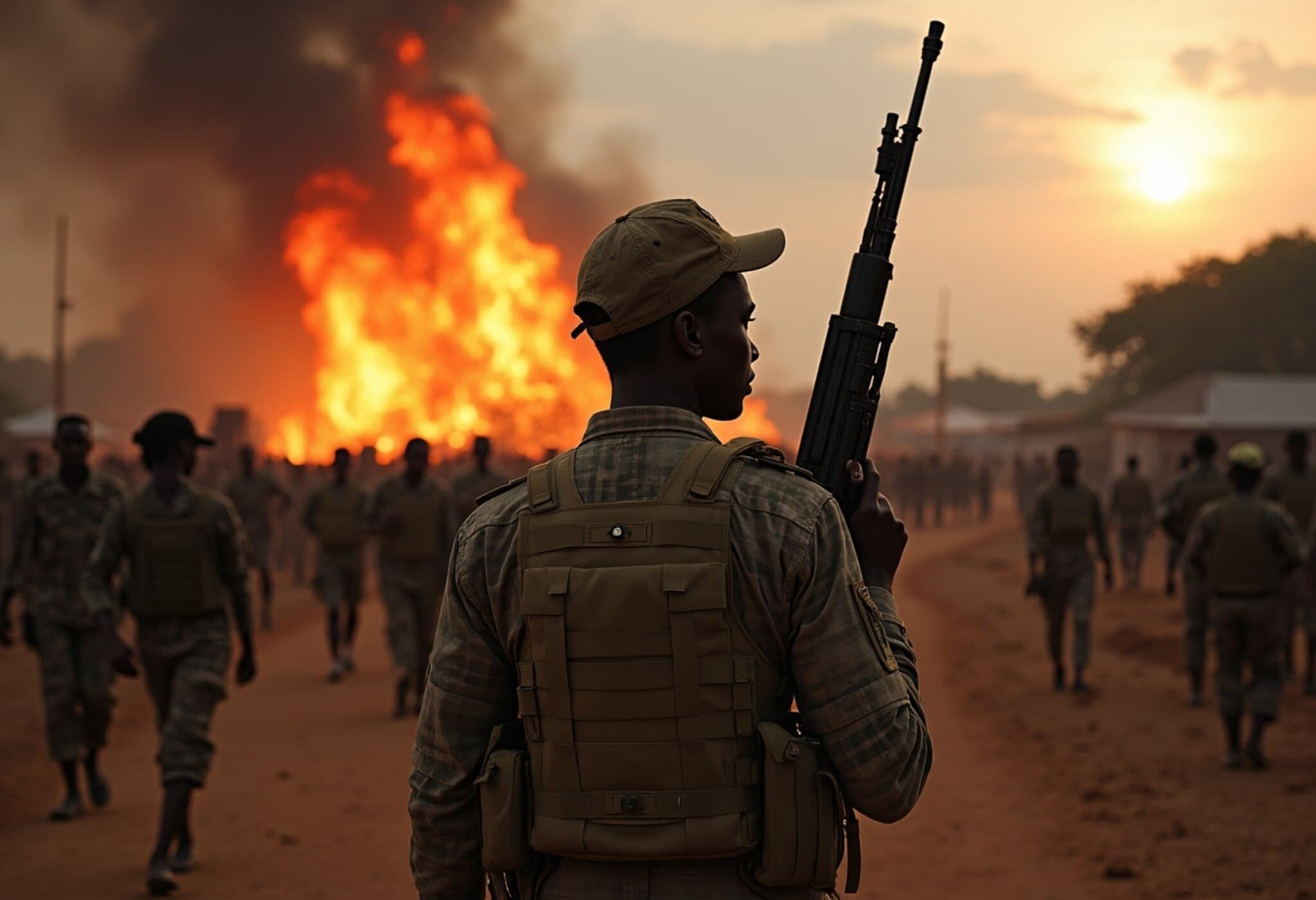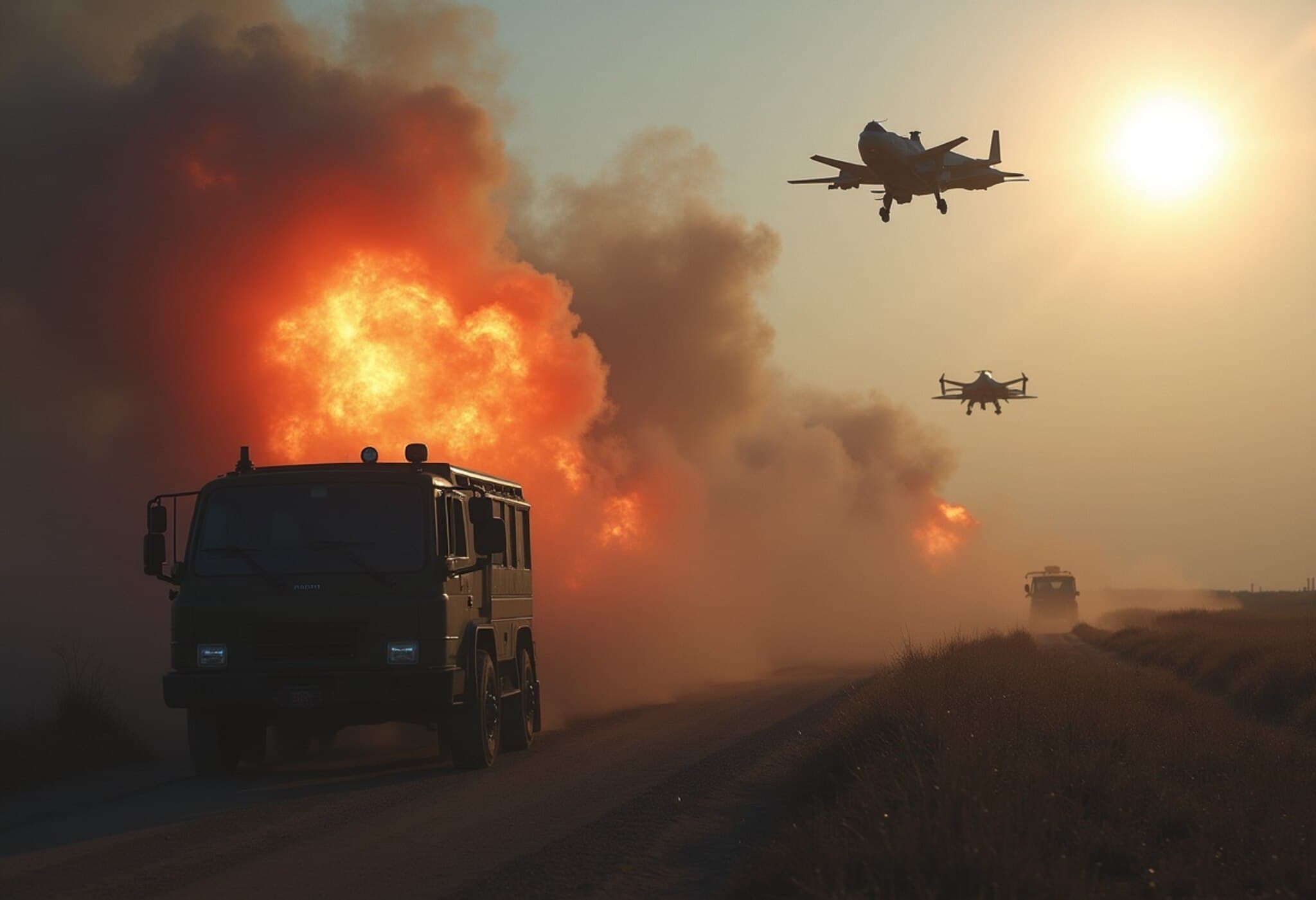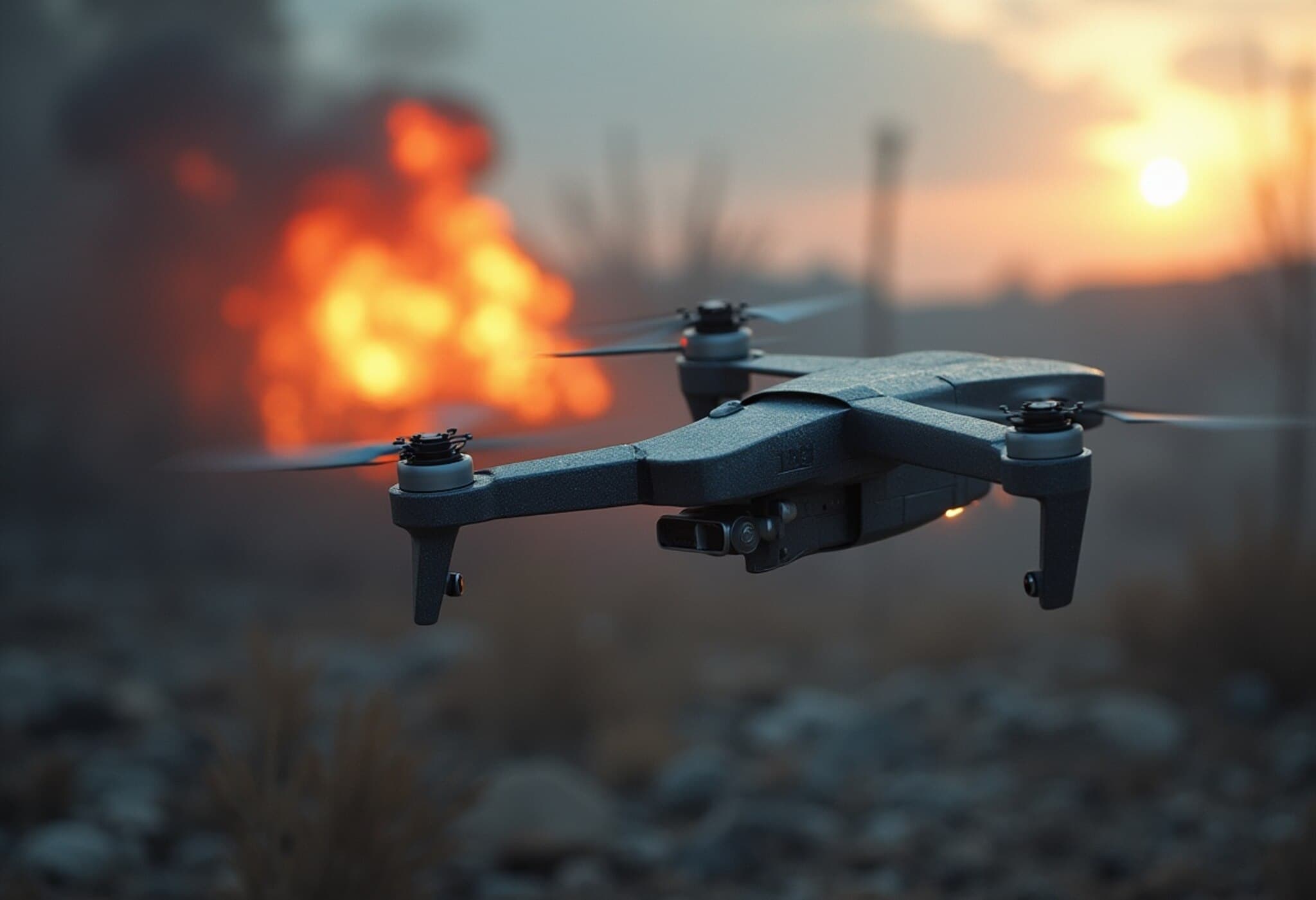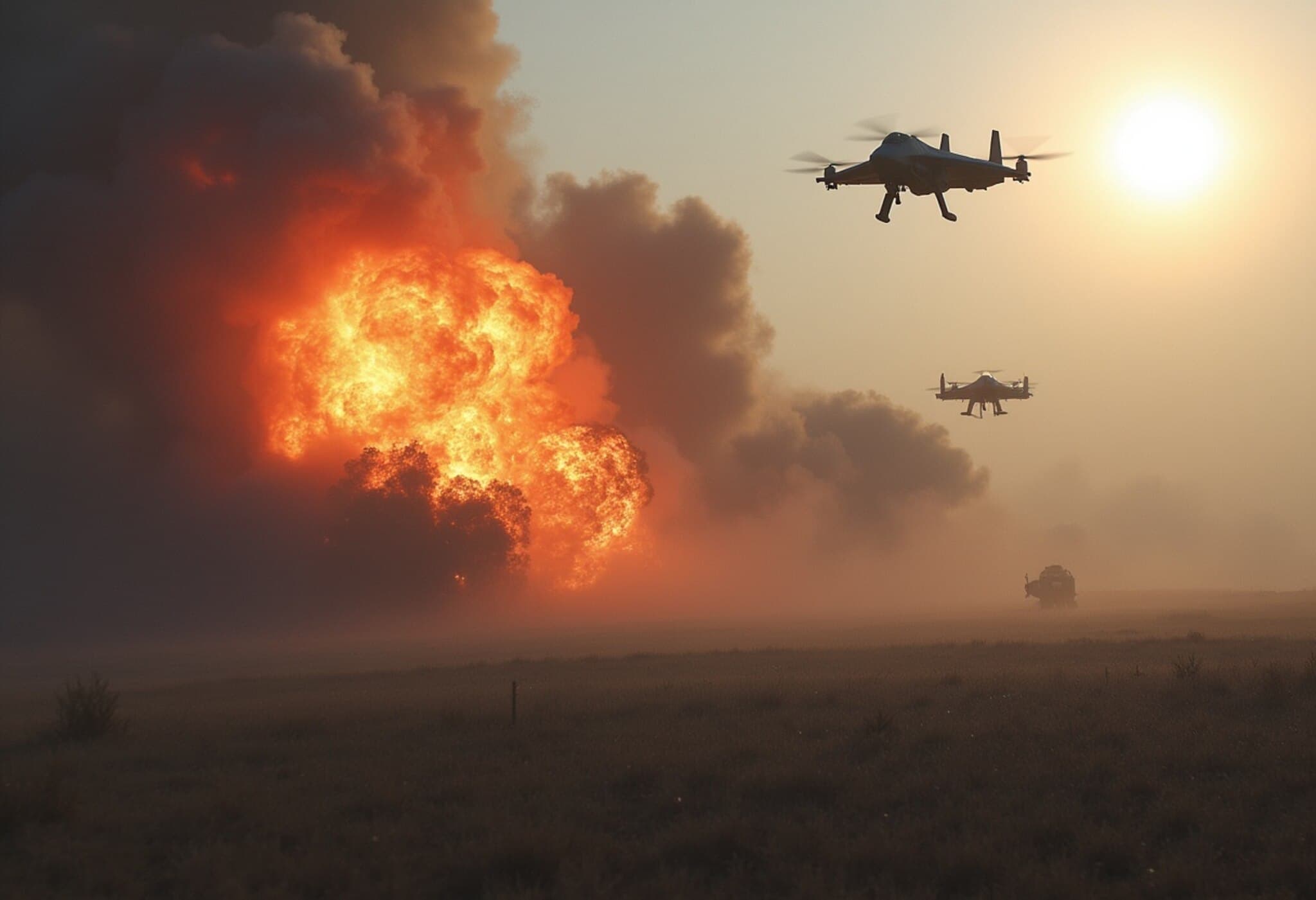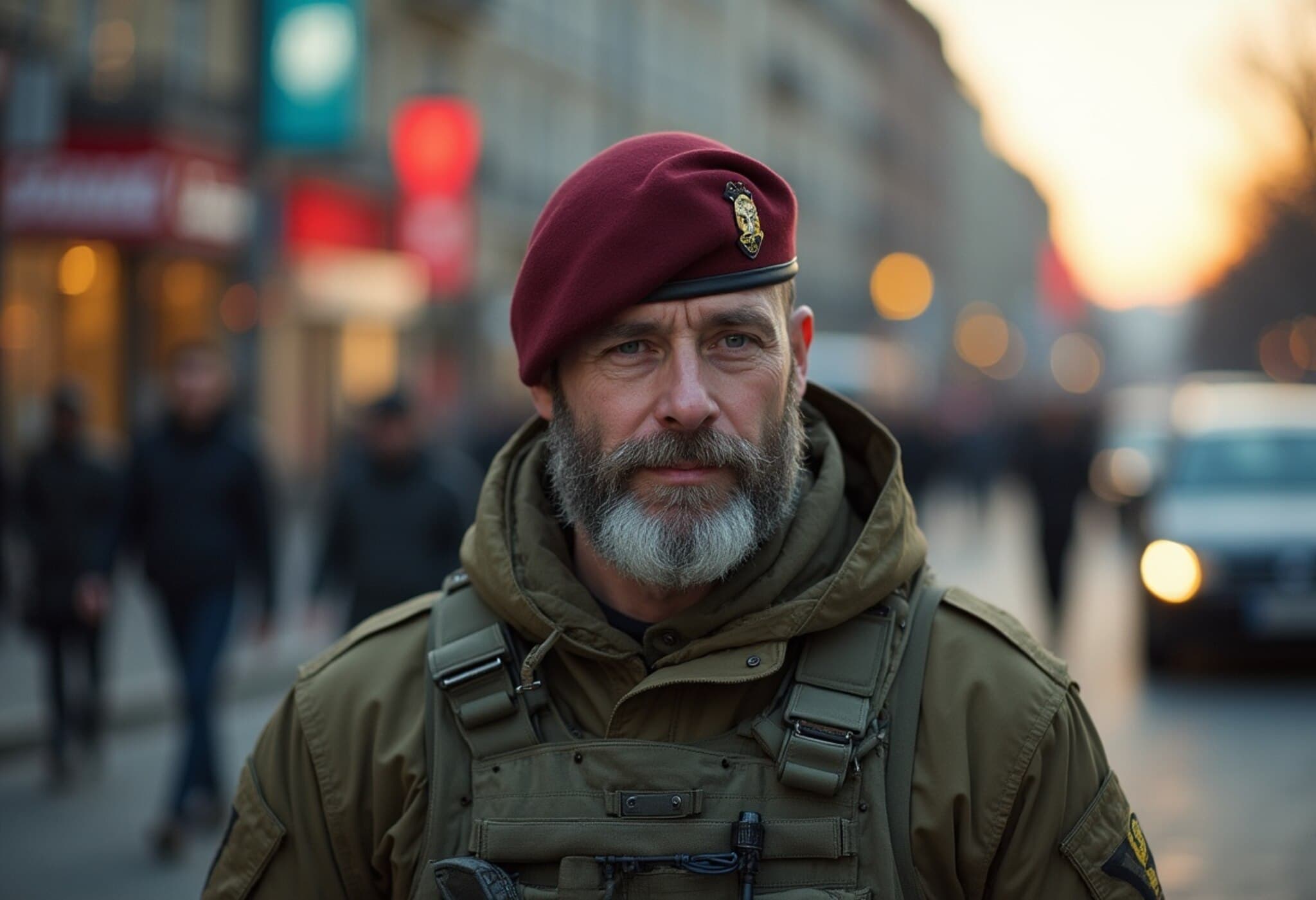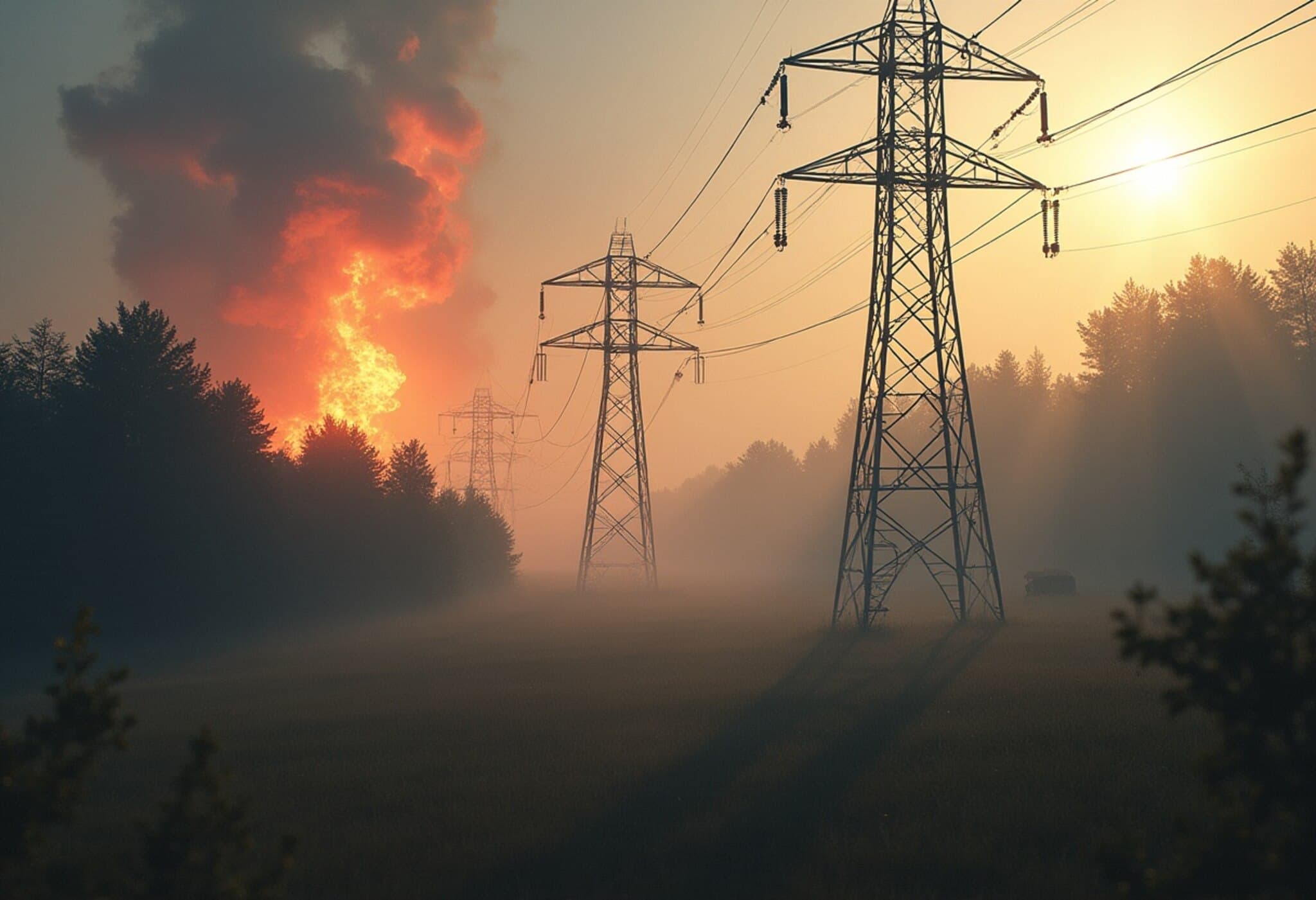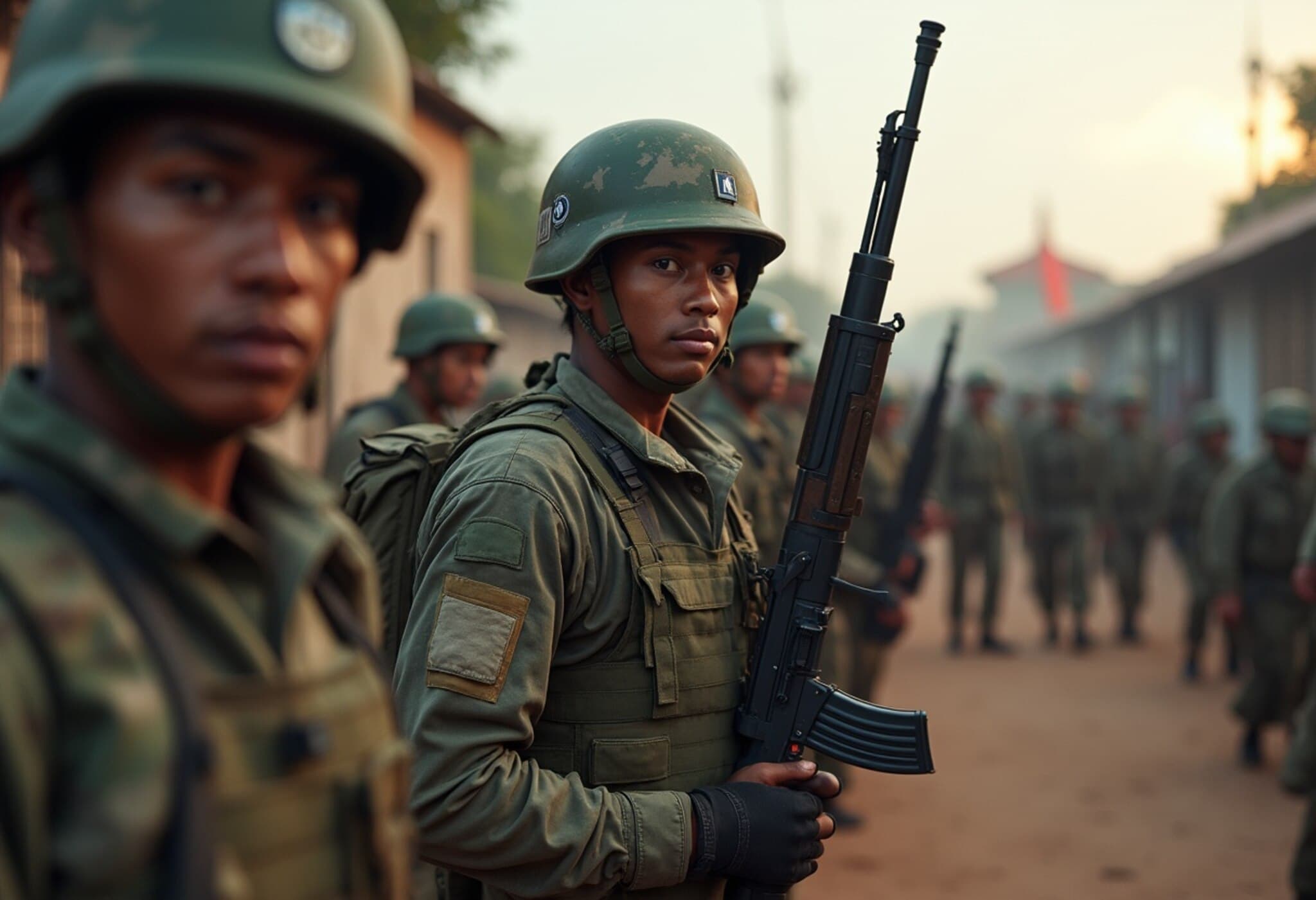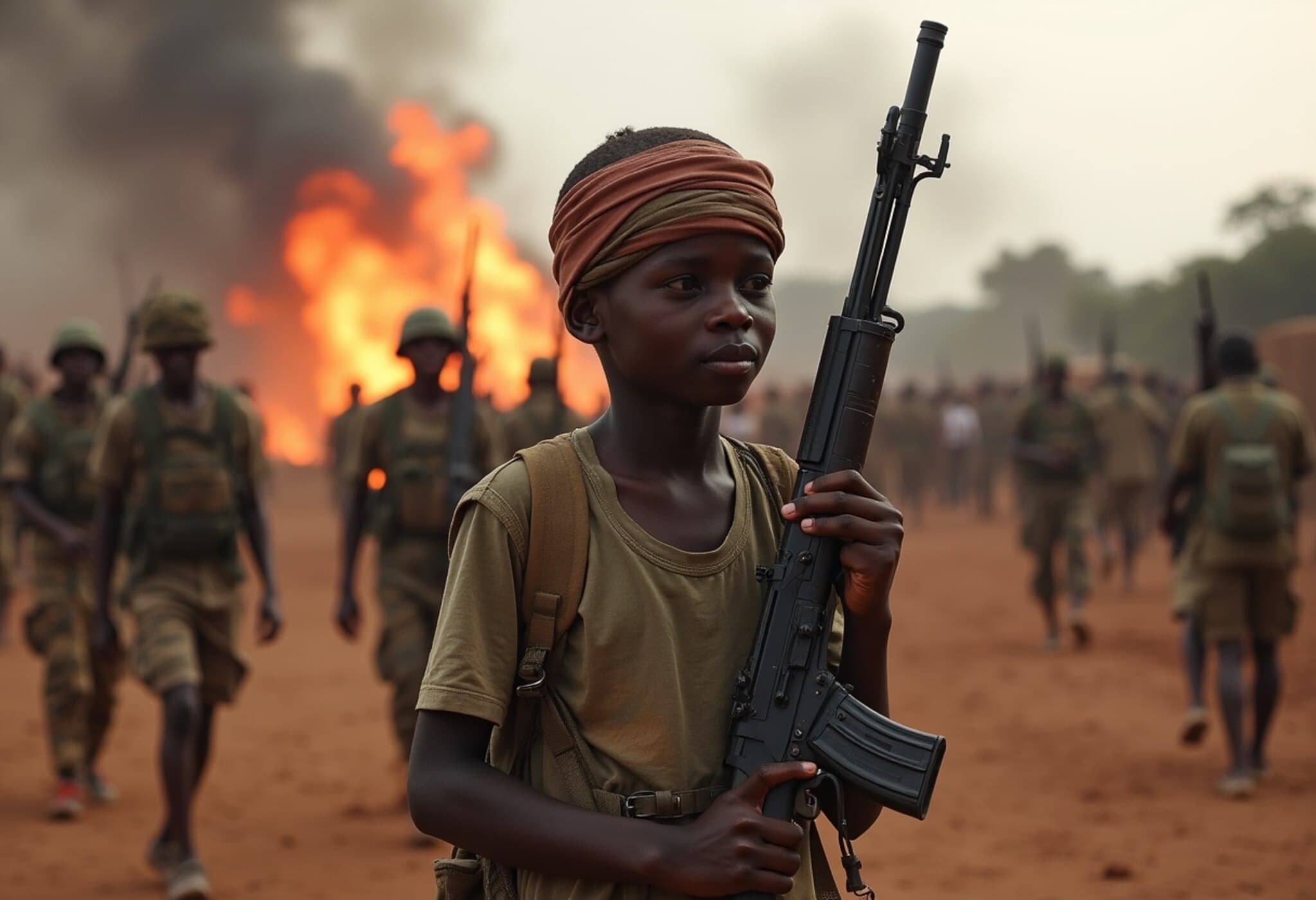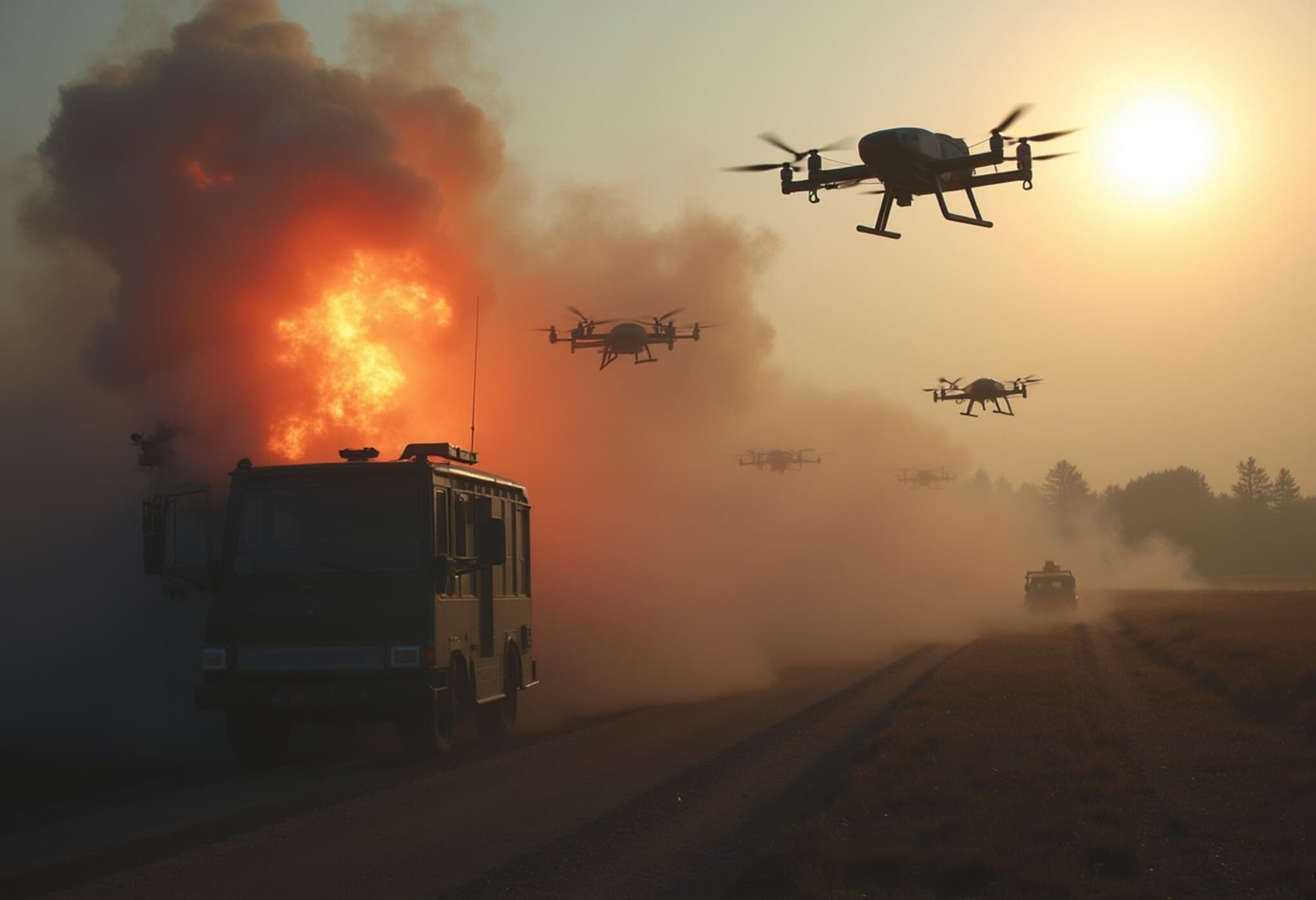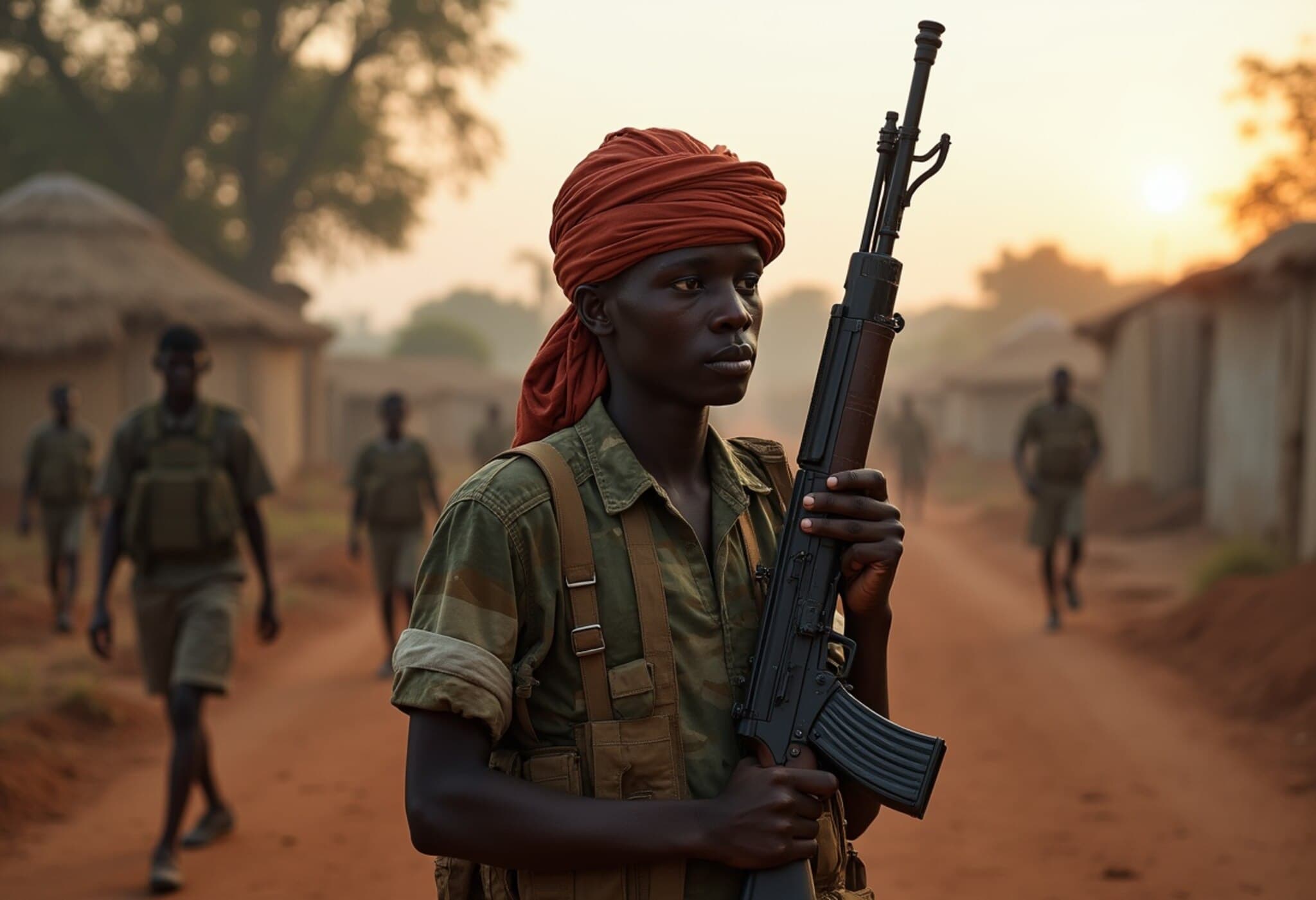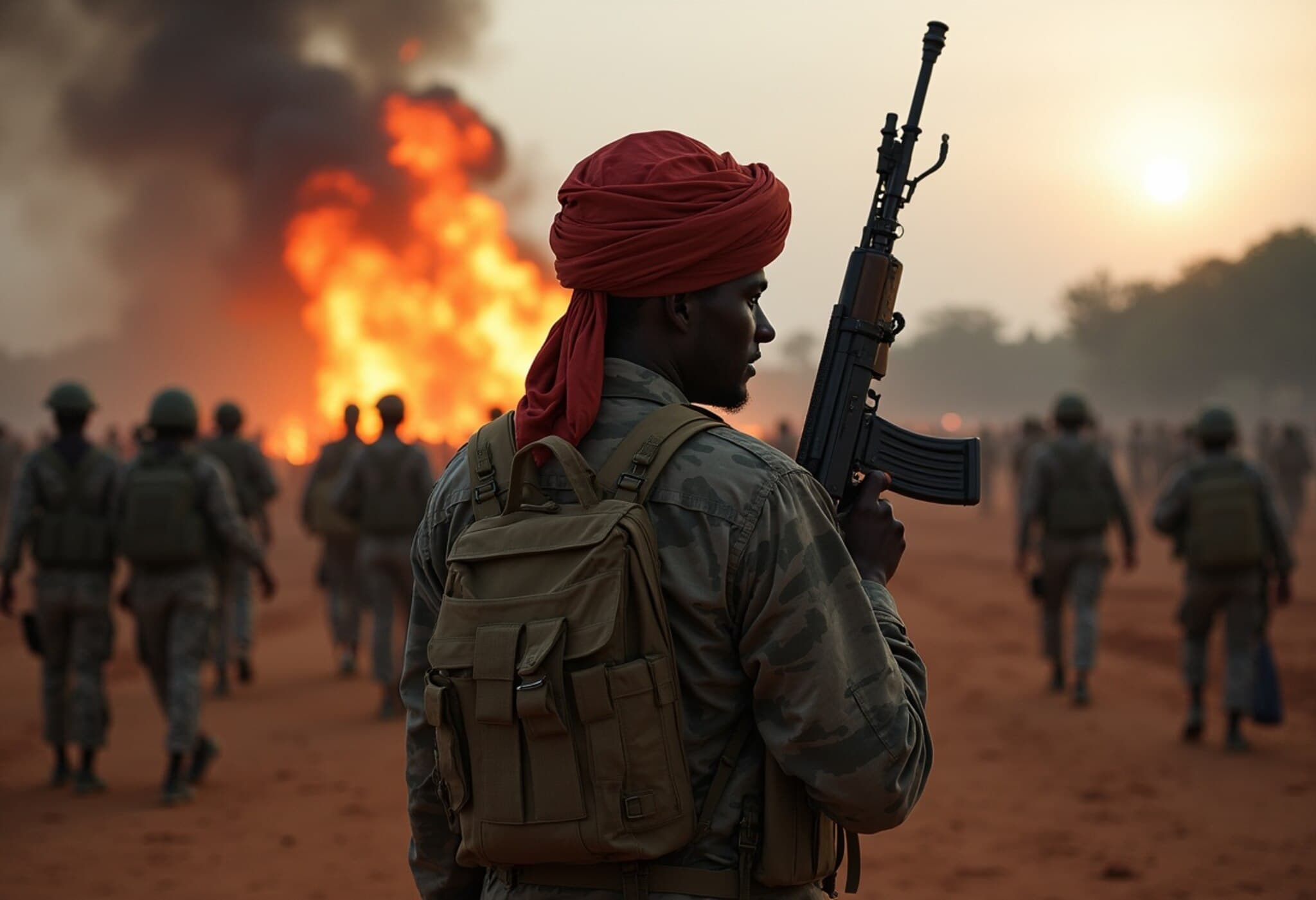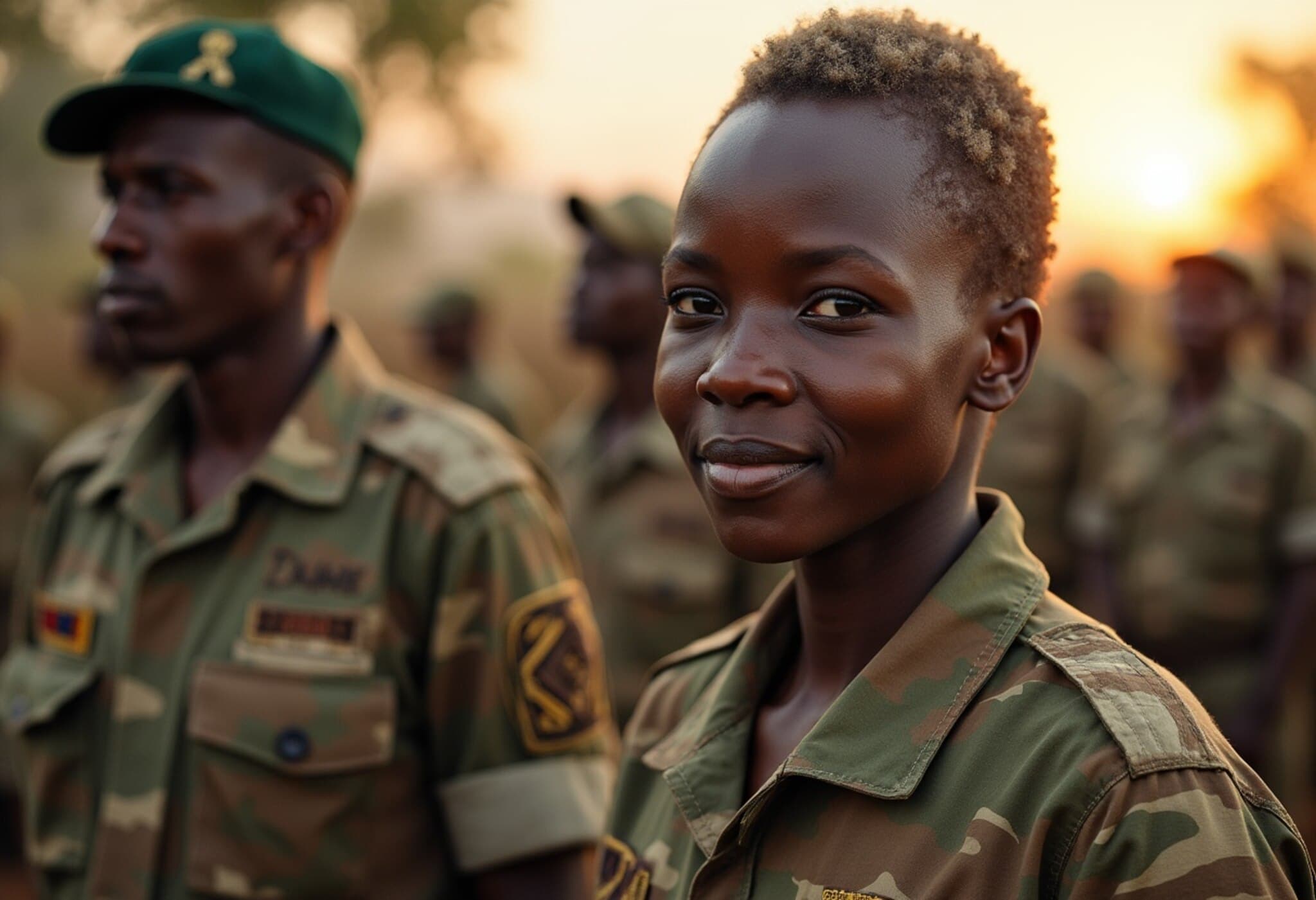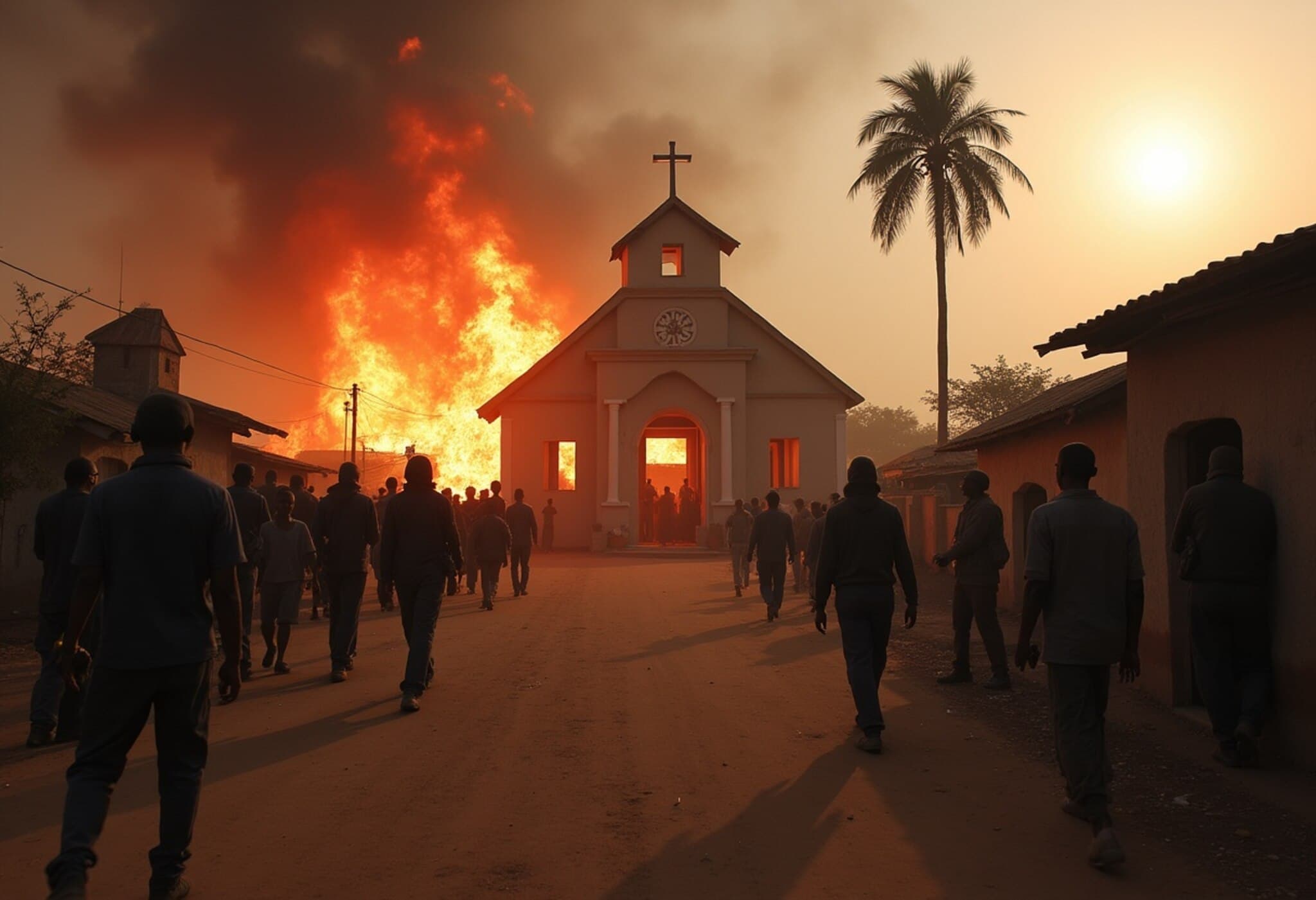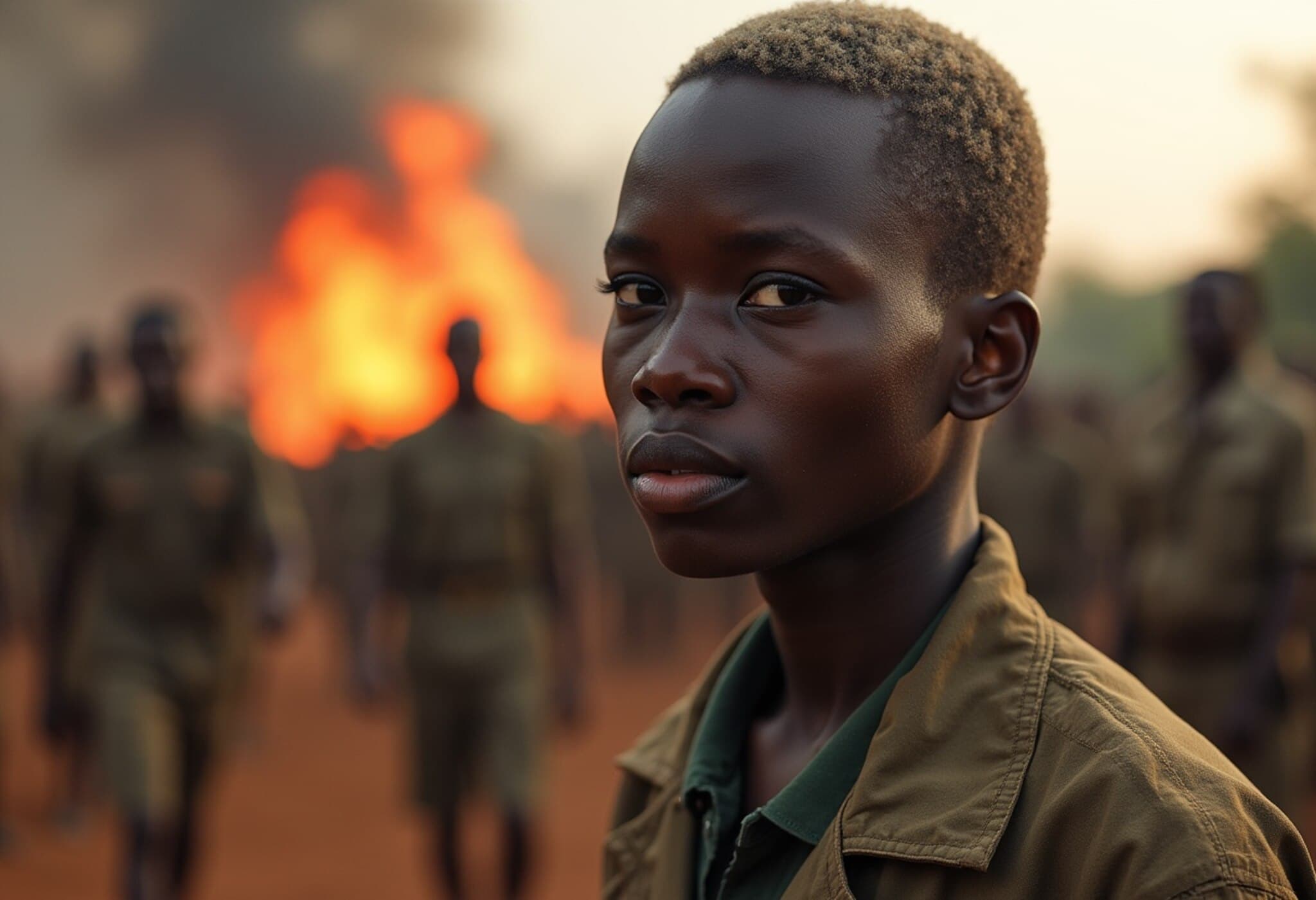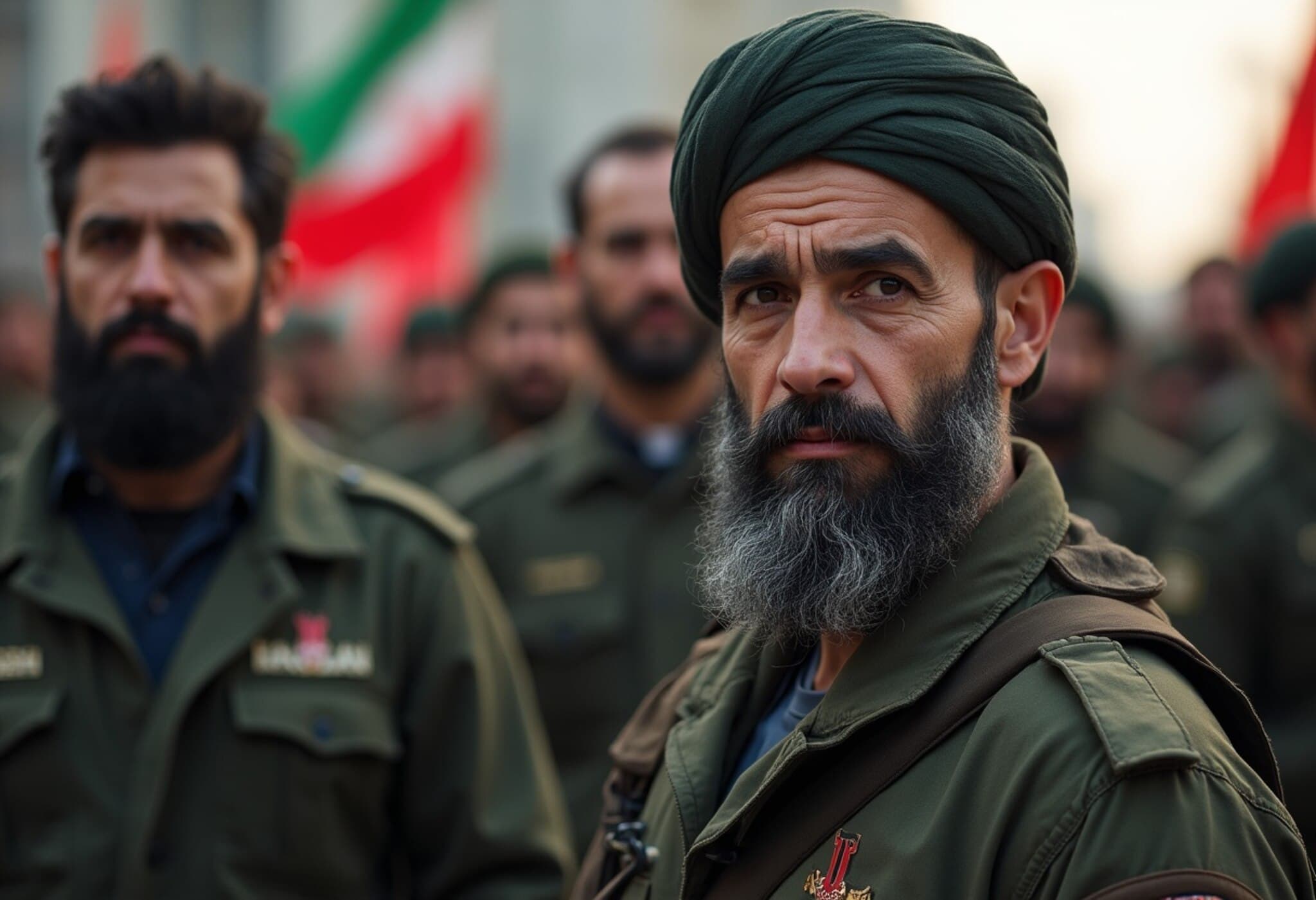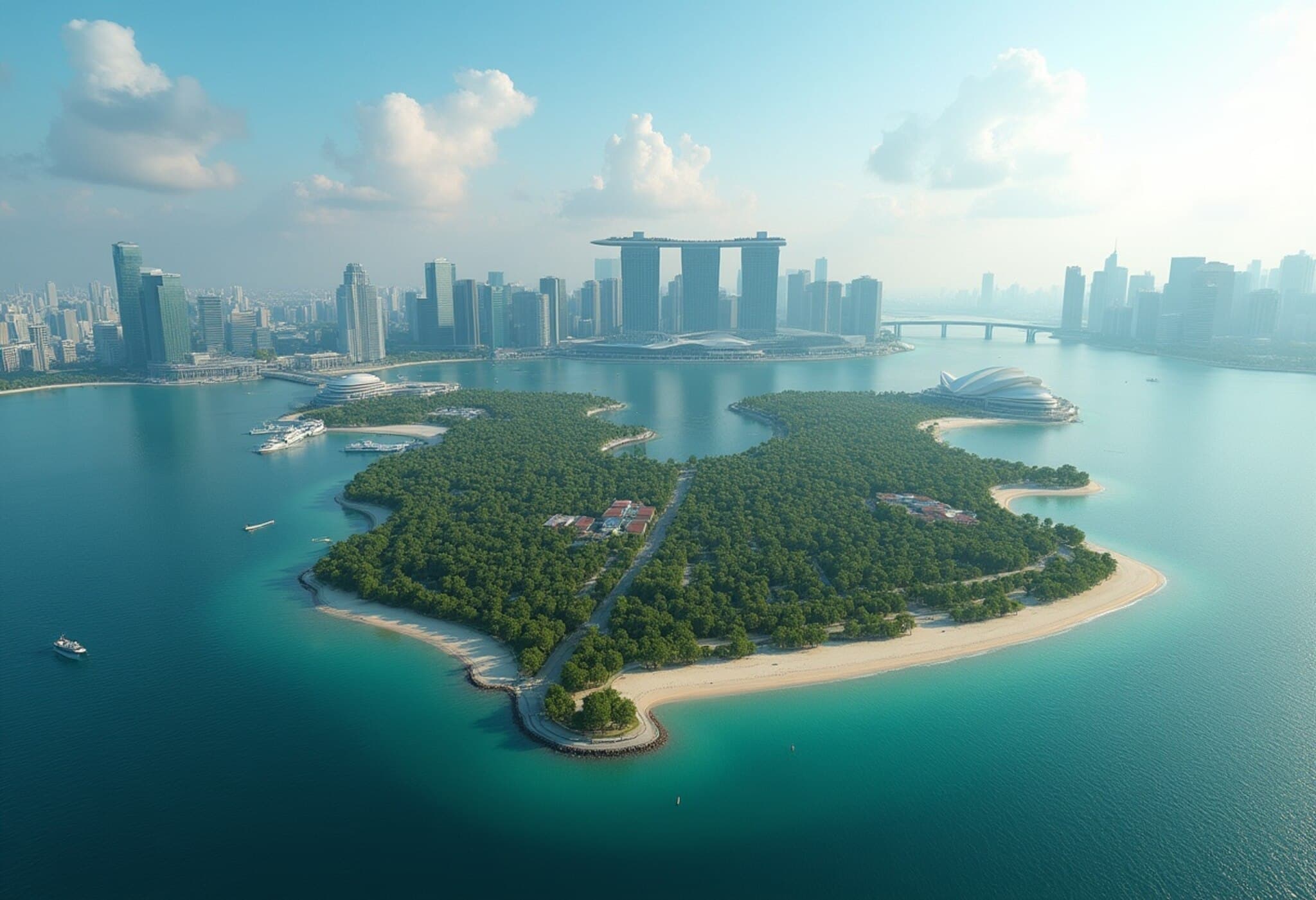At Least 21 Killed in Brutal Attack on Church by ISIS-Linked Rebels in Eastern Congo
In the early hours of Sunday, an assault orchestrated by the Allied Democratic Forces (ADF), a notorious rebel group allied with the Islamic State, claimed the lives of at least 21 people inside and near a Catholic church in Komanda, located in the volatile eastern region of the Democratic Republic of Congo (DRC). The attack not only resulted in mass casualties but also saw multiple homes and shops set ablaze, intensifying fears across the community.
The Deadly Incident and Immediate Aftermath
Dieudonne Duranthabo, a local civil society coordinator, reported to The Associated Press, "More than 21 people were shot dead inside and outside the church premises; at least three bodies were charred, and several houses were engulfed in flames. The search for victims and survivors is ongoing." Meanwhile, Lt. Jules Ngongo, spokesperson for the Congolese army's Ituri province contingent, confirmed a lower death toll of 10 but acknowledged the severe brutality of the machete-wielding attackers who also torched shops during the raid.
Background: The ADF and Regional Security Challenges
The Allied Democratic Forces emerged in the late 1990s within Uganda as a splinter rebel faction opposing President Yoweri Museveni's government. Following military crackdowns in 2002, the group shifted its operations into the porous borderlands of eastern DRC, an area rife with weak governance and ongoing conflict.
Significantly, the ADF publicly pledged allegiance to the Islamic State in 2019, intensifying their threat level and expanding their ideological motivations to establish an Islamist regime in East Africa. This evolution marked a dangerous escalation from a primarily regional insurgency to part of a global jihadi movement.
Persistent Conflict and Humanitarian Impact in Ituri
Ituri province, home to Komanda, has witnessed recurring violence as the local Armed Forces of the Democratic Republic of Congo (FARDC) juggle multifaceted threats from jihadi groups like the ADF and political rebel movements such as the Rwanda-backed M23 militia. Civilians often bear the brunt of these confrontations, with massacres, displacement, and destruction of property tragically common.
Duranthabo voiced community distress: "It's deeply disheartening that such atrocities occur in an area where security officials are present. Many residents are fleeing to Bunia seeking safety. We urgently call for decisive military intervention because the threat persists close to our town." His words underscore the population’s ongoing vulnerability and the challenges facing security forces.
Broader Implications and Underreported Angles
While the ADF’s allegiance to ISIS adds a global terrorism dimension to local conflicts, it also complicates international responses, often involving multinational coordination for counterterrorism funding and intelligence sharing. However, the root causes—such as fragile state institutions, ethnic tensions, and economic marginalization—remain insufficiently addressed in policy dialogues.
Moreover, the humanitarian crisis extends beyond immediate casualties: displacement has long-term impacts on regional stability, public health, and economic development. What remains underreported is how international aid and Congolese governance are adapting strategies to protect vulnerable communities and dismantle the cyclical violence perpetuated by groups like the ADF.
Expert Perspective
Dr. Jean-Pierre Mboyo, a conflict analyst specializing in Central African affairs, notes, "This latest church attack highlights the persistent insecurity in eastern DRC, illustrating the challenges of counterinsurgency in areas where rebel groups exploit local grievances and porous borders. Sustainable peace demands not only military responses but also deep investment in governance, economic opportunities, and regional cooperation." His insight stresses a comprehensive approach beyond military action.
Looking Ahead
The international community, including United Nations peacekeeping missions and African regional bodies, face mounting pressure to bolster protection measures. As the DRC battles to contain spiraling violence, the resilience of communities like Komanda and the effectiveness of security reforms will critically determine whether such deadly assaults become preventable tragedies rather than recurring nightmares.
Editor's Note
This harrowing attack reiterates the complex intersection of local insurgency and global terrorism in the Lake Albert region. It challenges policymakers and humanitarian actors to rethink strategies that transcend short-term military interventions, urging comprehensive peacebuilding and development initiatives. As thousands remain at risk, questions loom about the durability of Congo's security frameworks amid competing rebel agendas and the implications for regional stability.

